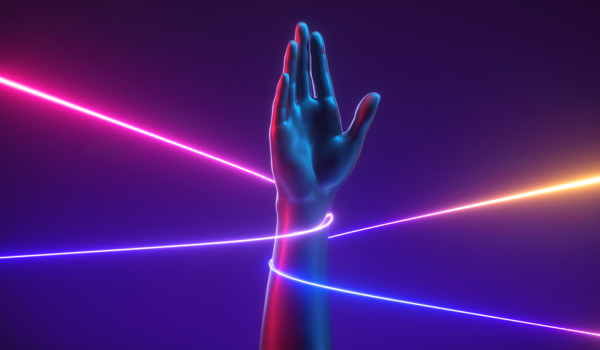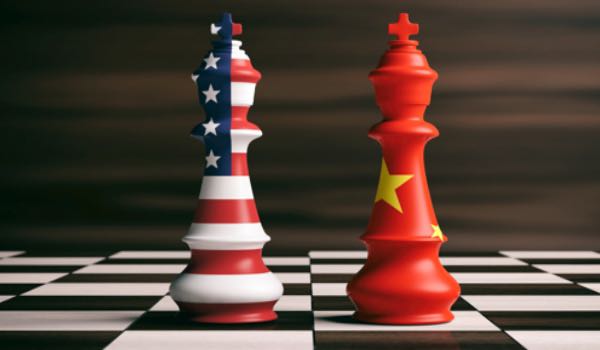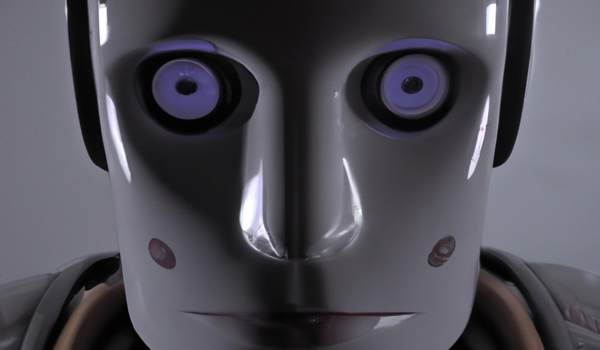


KOLKATA - The concept of one-size-fits-all takes a backseat when it comes to mental health. For as long as humans have existed, one of their most desperate searches has been for peace of mind, which at times today gets labeled as a relic of a bygone era, especially with the rise of industrialization and now digitalization, eras in which the human mind has been made to function more like a machine. From relying on machines to mimicking them, the journey has given rise to artificial intelligence (AI), which has delivered wonders in all existing fields.
AI’s contributions are felt most strongly in medicine and health. While AI has proven its adequacy in the medical field, its presence in the domain of mental health is still a matter of debate. Most notably, it is often blamed for lacking the human touch of warmth and empathy, and many users complain it causes more harm than good. ChatGPT - a type of generative pre-trained transformer (GPT) - is the most famous recent example of this, and it is also a source of much of today’s controversy in mental health. Many parents have reported that ChatGPT has inhibited their children’s thinking, while mental health professionals view it as a potential threat to their patients.
ChatGPT over-reliance
Recently, a popular TikTok user told his viewers he quit seeking therapy from humans because he found a more affordable alternative in ChatGPT, and advised them to do the same. The video sparked controversy among mental health professionals, seemingly putting them in a pickle. Constant use of ChatGPT as people experienced emotional lows reportedly increased their screentime. Many received sound answers on anxiety issues and depression, but even more also received overgeneralized answers too vague to help with their problems. This is apparently what a therapy session with ChatGPT looks like.
ChatGPT
The content herein is subject to copyright by The Yuan. All rights reserved. The content of the services is owned or licensed to The Yuan. Such content from The Yuan may be shared and reprinted but must clearly identify The Yuan as its original source. Content from a third-party copyright holder identified in the copyright notice contained in such third party’s content appearing in The Yuan must likewise be clearly labeled as such. Continue with Linkedin
Continue with Linkedin
 Continue with Google
Continue with Google










 715 views
715 views







